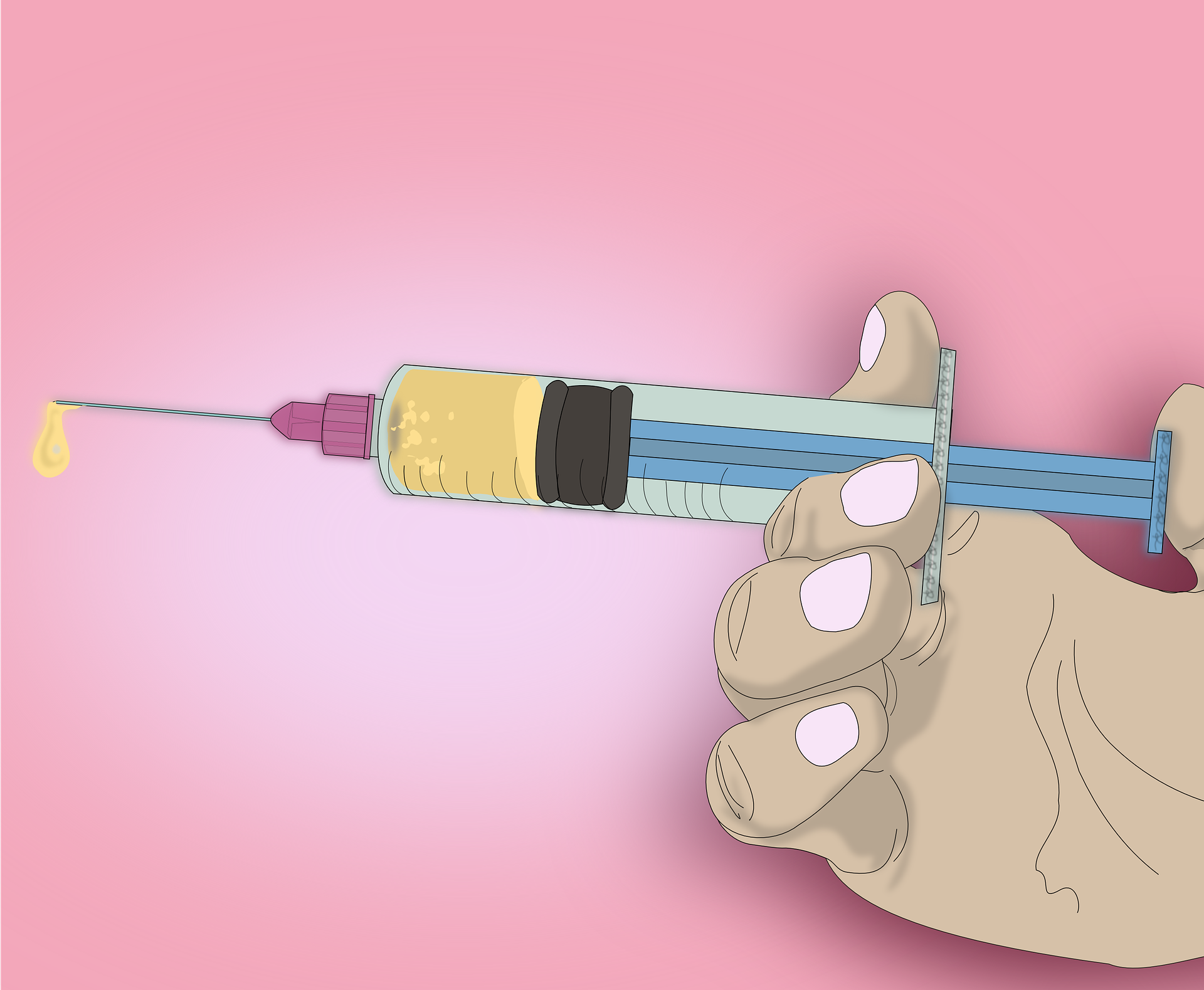Welcome to Bad Science on the Internet! Here, we highlight some of the crazy and sometime dangerous stuff people post online, then give you the facts.
The Bad Science: St. John’s Wort as a treatment for Depression
What do they claim? Suggested uses include the treatment of depression, anxiety, boosting the immune system to fight infections, among many other potential indications
Are they trying to sell you something? A bottle of supplements will cost you about ten dollars.
Is any of this true? St. John’s Wort is an extract of Hypericum perforatum. A typical extract contains over 150 different chemicals isolated from the plant, most of which aren’t known to do anything for humans. Any potential activity of this extract is believed to come from a few classes of compounds (the naphthodianthrones, the phloroglucinols, and the chemical hypericin) which make up a very small percent of the total dose of the extract. St John’s Wort has a long history of use as an herbal remedy, mainly for depression and anxiety. There is ample literature demonstrating some degree of anti-depressive and anti-inflammatory actions. For depression, the evidence is spotty – some studies have shown benefit, while others have shown none or less than standard anti-depressant drugs. In truth, St. John’s Wort might have had a future as a first line option for mild forms of depression had it not been for…
Is any of this dangerous? This is where things get tricky.
You’ve probably heard the statistic before. 97% percent of scientists agree that global warming is real. People throw this number around, but where did it come from, and what exactly does it mean? Here at UseYourBrainForScience.com, we’re all about facts (though apparently not about brevity in our blog name), so here’s the skinny on this often misquoted number.
First, the statement above is wrong.
Welcome to Bad Science on the Internet! In this series, we highlight some of the crazy, funny, and downright dangerous stuff people post online – then we give you the facts.
The Bad Science: Ozone Therapy
What do they claim? Suggested uses include treatment for all types of infectious diseases, arthritis, Alzheimer’s, cancer, and numerous other conditions
Are they trying to sell you something? Yup, you need a special machine to generate the ozone and the “treatments” will cost $100-$150 per session. Multiple sessions are generally recommended.
Is any of this true? Surprisingly, ozone therapy has been studied in some medical settings.

Have another suggested subtitle? Add to the comments below.
I’ll start by introducing myself and trying to explain why on earth you would trust my opinion. I live in California. I have a Ph.D. in environmental and molecular toxicology. I studied the effects of environmental contaminants on fetal and neonatal health as an academic. I now work in biotech, and it is my job to assess the safety of drugs prior to testing in humans. I don’t work on vaccines currently, and the company I work for does not produce or profit from any pediatric vaccines. I do, however, assess safety for a living, and I am very familiar with how the safety of vaccines is determined.
There is another reason I have educated myself on this topic. I have an autistic daughter.






